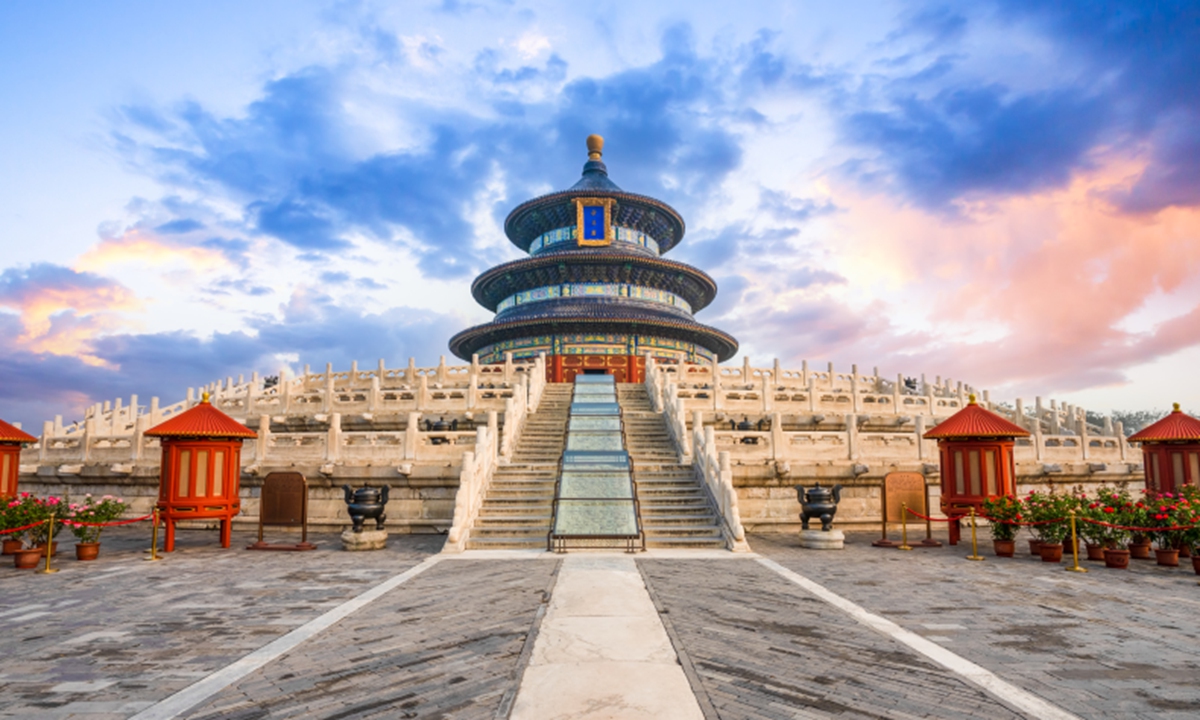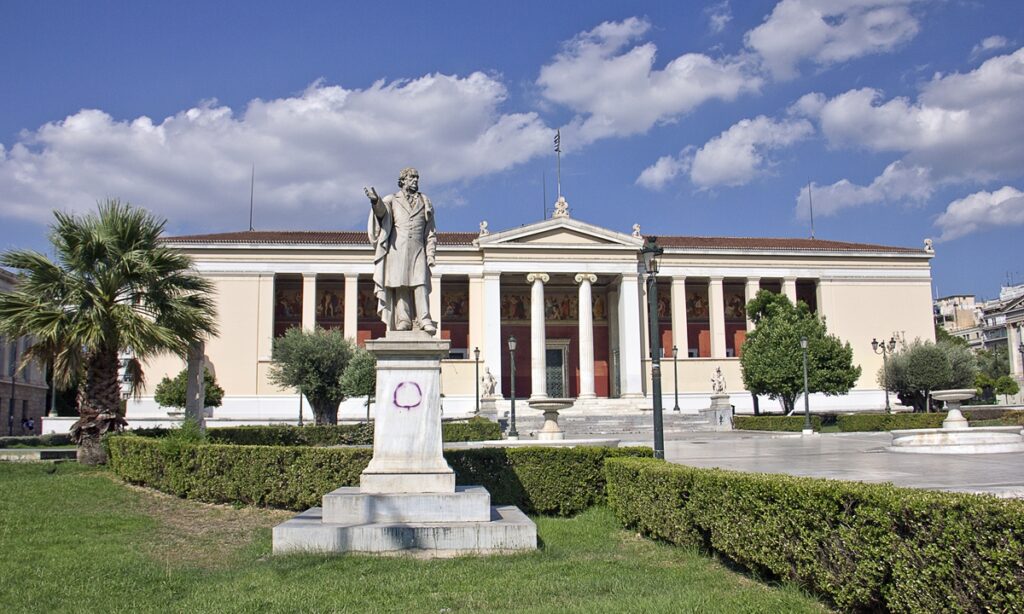Greek scholar sees ‘vast horizon’ for exchanges
Chongqing, Sichuan, Shandong… Stelios Virvidakis expectantly plans his next China tour before a visit by the Global Times at his office in Athens, Greece.
The University of Athens professor has grown far busier recently since he and four other Greek scholars launched the Center of Chinese and Greek Ancient Civilizations in February. Over the summer, the center has received two scholars from China who have given lectures on the history of China, and other visiting guests from places like Israel, who offered their views on Chinese medicine and its history, and a lecturer from France with insights in Chinese mathematics and how scholars in ancient China studied the living science.
“Students found them to be very interesting and greatly appreciated the lectures,” Virvidakis told the Global Times. “Greece and China share so many similarities. So in my opinion, the horizon for our cooperation and exchanges is vast. There are endless possibilities which have not been explored.”
Mutual learning
Chinese President Xi Jinping replied to a letter from Virvidakis and four other Greek scholars earlier in 2023, extending congratulations over the founding of the Center of Chinese and Greek Ancient Civilizations.
Hailing the long history of the Chinese civilization and profound influence of the ancient Greek civilization, Xi said in the letter that more than 2,000 years ago, the two civilizations shone brightly on the two ends of the Eurasian continent, jointly making a fundamental contribution to the evolution of human civilization.
Greece’s golden era produced many of its great philosophers and literary giants. The era coincided with a period in China in which “a hundred schools of thought contended with each other” and flourished together.
As early as the 4th century BC, China was known to the Greeks by a beautiful name: Sērikḗ. In the 16th century, Euclid’s Elements was introduced into China, paving the way for scientific exchanges between China and the West. The story of Prometheus narrated by Aeschylus was an inspiration to many Chinese revolutionaries. The Republic by Plato and Politics by Aristotle are also among the Greek classics known to have long made a name for themselves in China.
In the eyes of Virvidakis, Chinese civilization has always been a culture that attracts people though the language is difficult. However, Chinese art, Chinese painting, Chinese poetry, especially love poems, even detective stories about China, are incredibly fascinating. Chinese director Zhang Yimou, and movies like Farewell My Concubine and Raise the Red Lantern starring Gong Li, are also very popular. Greek archaeologists who are interested in Chinese archeology want to know how China explores the past.
In other art forms, the mythology and theater, “we have tragedy, which is our own tradition. You have Chinese opera with music.” Actors and artists always want to study similarities and look at the differences, which is also the commitment of the center to promoting exchanges and mutual learning between the two civilizations and promoting the development of civilizations in various countries.
China also has this appeal because people in the West think “it’s very different, it’s exotic, something strange, but then they realize that it’s beautiful for them.” So “they find a lot of aspects that they have not thought about before in order to understand.”

Tiantan, a UNESCO World Heritage Site built in 1420, in Beijing Photo: VCG
Philosophy, a way of life
There is a feeling among some people in the West that the Chinese system is different in some ways, said the professor. For instance,the European and American systems place great emphasis on individual rights, but China takes a more holistic approach in which “harmony, social harmony is more important in sovereign.”
“We are not exactly the same and there are also differences. But I don’t believe in the so-called clash of civilizations theory that the clash is very deep and we can’t live together with our differences,” he told the Global Times.
“In fact we can live together and have peaceful exchanges. As I said, I don’t think there is any danger of Greece threatening China or China occupying Greece.”
In February, Virvidakis held a lecture at the center’s launching ceremony, titled Philosophy is a Way of Life. Philosophy is not just theory, he said, noting that in ancient Greece and China it didn’t mean just making theories about the universe, nature, god, or much of the unknown world. “It told you how to ‘organize’ your life to feel happy and achieve harmony with others.”
Western philosophy cannot be understood just by itself as there are also Chinese and Indian schools of philosophy among others. “It is easier to see some similarities in ideas between Confucius and Socrates or Confucius and Aristotle,” said Virvidakis, explaining why he is so fond of Chinese philosophy, especially Confucius thought.
A simple question about what is a good life has a variety of answers in different philosophical theories. But studying philosophy is practical and a way of life. Modern people don’t just derive happiness from materialism. They need art and other emotionally stirring elements in life. In different parts and different cultures of the world,people can share similarities in emotion and sentiment.
Virvidakis said that one of the most important reasons for his involving in such studies and exchanges was because “I’m interested and I want to learn more. I’m a student too. When you are a teacher in your whole life, you’re going to be a student.”
(Global Times)




